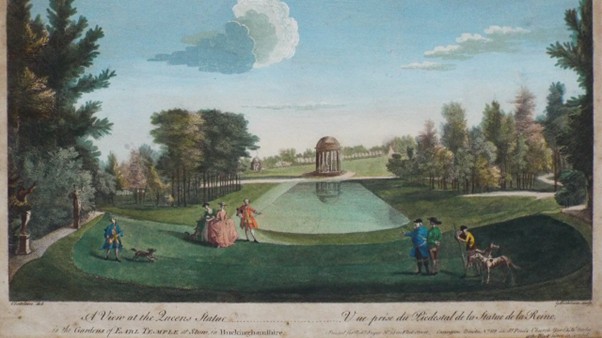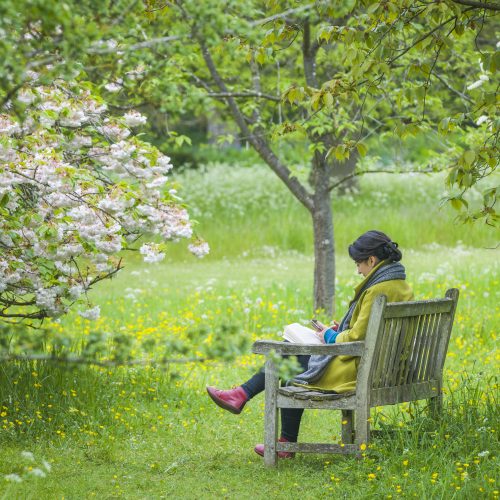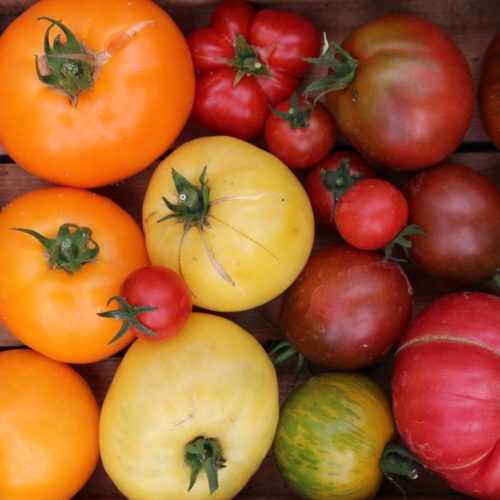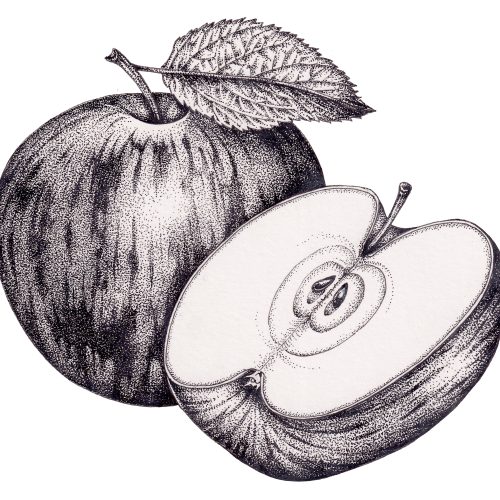Location: online
About the course
This lecture-based course will look at historic gardens from the classical perspective in order to better recognise the ancient gods in the garden and to more fully understand why certain plants were selected, why artificial mounds were built, and why grottoes were so popular. Classical trends in philosophy, art and horticulture will be explored so that you can consider eighteenth-century gardens via the historical lenses through which they were meant to be viewed. We will examine classical features in gardens and to discern their meaning, from mythology to references to Roman politics. For many gardens, like Rousham in Oxfordshire, visitors were meant to move through the garden as you would read a Roman poem, each new classical feature revealing a new classical meaning. Thus, such landscapes were infused with a classical intimacy not immediately visible to today’s visitors.
About the tutor
For her PhD Alley Marie Jordan researched classicism in 18th-century architecture and gardens. She now specialises in classical reception in early modern gardens, but teaches on all periods, from ancient Egypt to the 20th century, currently working at the University of Edinburgh in the School of Architecture and Landscape Architecture. As well as teaching Garden History for adult education programmes, such as in Edinburgh and the Lake District, she also lectures on Garden History, from the V&A Academy to the National Galleries Scotland, and presents at conferences in the UK and Europe. Her first book ‘Classical Taste in the Architectural World of Thomas Jefferson’ was published in 2025, and she is now writing her second on an historic garden in France.
Bookings for this course will close on 5 March
Please note this is an online course. No specialist software is required to participate, but a device with a microphone and webcam will be needed. Full joining instructions will be emailed a few days before the date of the course.
This is a live course and will not be made available as a recording.

Please take the time to read our course cancellations and refunds policy.
Please note that once this course has been filled, you can email education@botanic.cam.ac.uk to be added to a waiting list.



